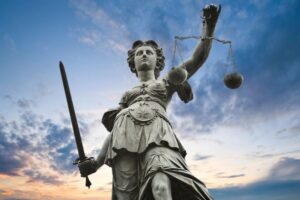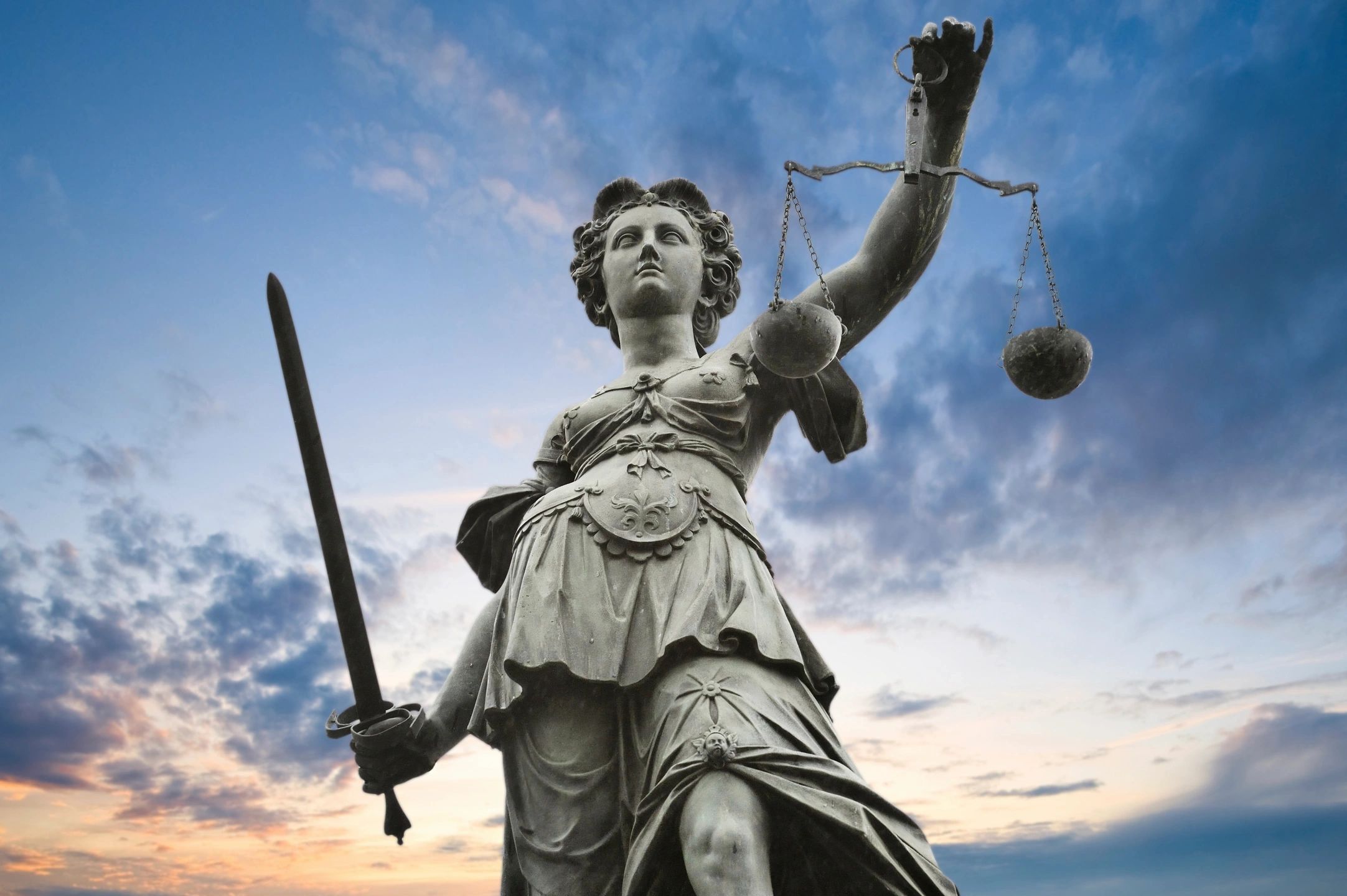 The first principle I want to be ensured of before I will live under any system of government is whether or not that system is FAIR. I mean IS it fair?
The first principle I want to be ensured of before I will live under any system of government is whether or not that system is FAIR. I mean IS it fair?
Is the system fair enough to protect me if I’m in the minority against the self interests of the monstrous majority?
The hardest thing in life is to be fair to your fellow human, whose happiness may be in your hands, even if the recognition of such most of the time is not. People usually do not worry about whether or not their neighbor gets a fair shake, they worry first about whether they will get one.
The word fair is mentioned only once in the Constitution. EVERYONE has the right to a “fair trial.” Not any old trial, but a “fair” one.
With that, I want to share three great moments in American history that paved the way in establishing the notion of a fair system of government for all Americans. It also showed how those who were responsible acted IN THE BEST INTEREST of all.
1. John Marshall was appointed Chief Justice of the United States Supreme Court, in 1803. Marshall was instrumental, through intellectual deftness, in guiding the Nation to an entirely new idea of justice in America. He said that the law of the land was not of men, but of the Constitution itself (Marbury v. Madison). No laws are acceptable that wander outside the parameters of the great document. Men tried and continued trying to bend the meaning of the Constitution to suit their flights of fancy. So far it hasn’t worked. Maybe Trump will be the first; I don’t think so. If the past is an accurate indicator of the future, Trump will be treated fairly by the Courts. He better be, the world looks on as witness.
2. President Lincoln’s Emancipation Proclamation freed the slaves. However, no where did the Constitution give him the power to do so. Brilliantly, he used the War Powers Act, saying it was necessary for such a thing to be done in order to help him win the war. As it turned out, he was correct. It was the one act that turned the tide of the Civil War in the North’s favor. Now the North had a moral reason for fighting the war. They were fighting to free the slaves. The Proclamation also set in motion the predicate that allowed the Thirteenth Amendment outlawing slavery for good to be ratified. It also set in motion the fight that has given the right to vote for women, and will someday ratify the amendment that makes women equal.
3. President Lyndon Baines Johnson used the power of his office to gather enough votes to pass the Civil Rights Act of 1964. This broke the Jim Crow laws passed in southern states to segregate blacks from whites. Johnson’s Democratic Party rejected him for this act, departing the party all together to join the Republican Party. Johnson knew this would happen, nevertheless, Johnson fulfilled his duty as president in defending African American citizens of the South from domestic enemies that sought to keep them segregated. At a very minimum, it showed political bravery and moral courage on Johnson’s part. More than that it showed a continuity of fairness starting with Lincoln and followed up by Johnson.
Again, let me be very clear. It is HARD to be fair, and continues to be; but, the pattern of fairness in the past creates an extraordinary example for us to continue thusly into the future.
Discover more from HENDRIX CONSULTING
Subscribe to get the latest posts sent to your email.

You must be logged in to post a comment.